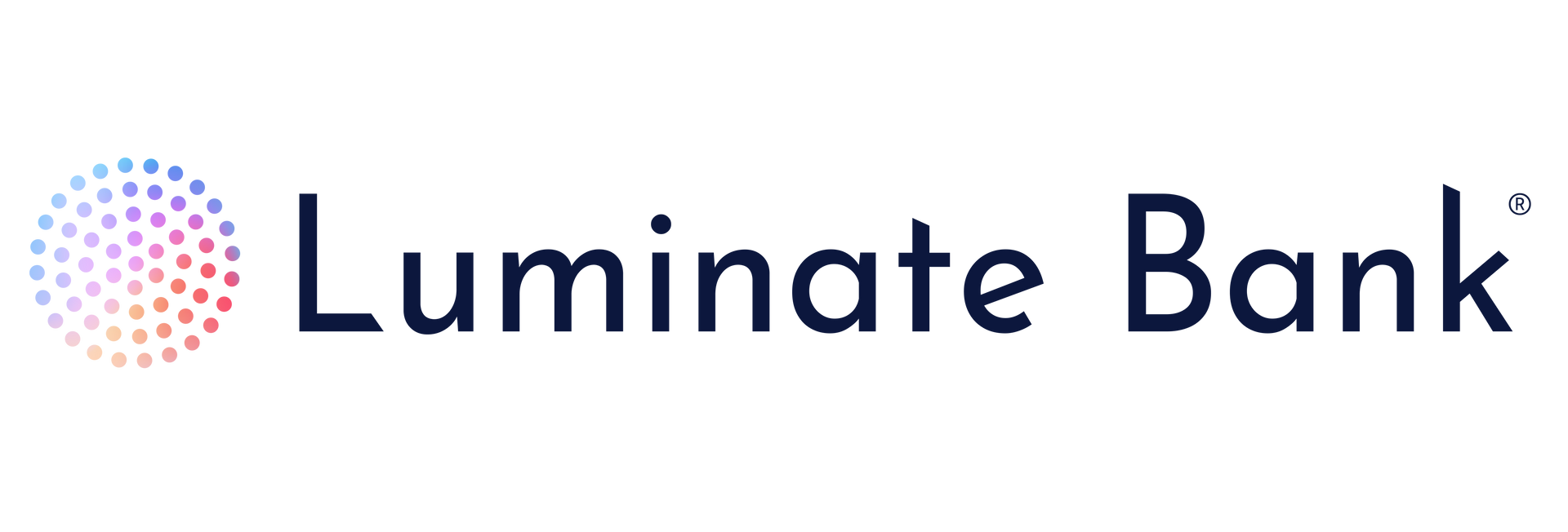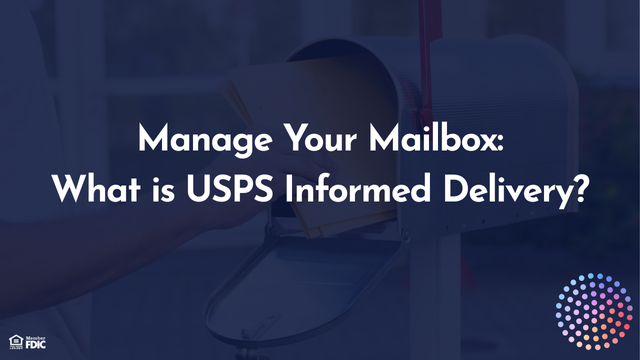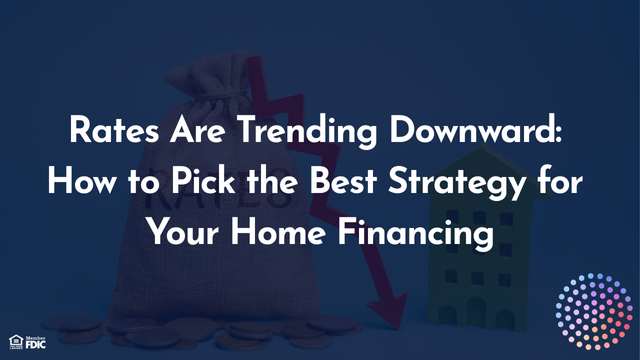Does the Federal Reserve Affect Mortgage Rates? 7 Factors That Influence Your Rate
October 30, 2025
Does the Federal Reserve Affect Mortgage Rates? 7 Factors That Influence Your Rate

The Federal Reserve cut rates on October 19 and September 17, decreasing their benchmark lending rate to the lowest in three years. So, why aren’t mortgage rates directly influenced by the Fed’s actions?
While many people believe that mortgage rates are tied to the Federal Reserve’s rate changes, the truth is that fixed-rate mortgage rates are more closely tied to the 10-year Treasury yield. Beyond that, a variety of additional factors can further influence your mortgage rate, many of which are unique to you as a borrower.
Let’s break down seven key factors that play a role in determining your mortgage rate and how you can use them to your advantage.
If you're a first-time homebuyer, you may be eligible for special benefits that could help you secure a lower mortgage rate. Fannie Mae and Freddie Mac implemented a rule in 2022 to ensure that first-time homebuyers are not subject to the "pricing or rate adjustments" applied to other buyers. These rate adjustments can result from factors like credit score, down payment size, and property type. Keep in mind to qualify as a first-time homebuyer, you must not have owned a home in the last three years.
Your credit score is one of the most significant factors affecting your mortgage rate. The higher your score, the better your rate is likely to be. The difference in rates could result in significant savings over the life of the loan, so it's always wise to work on improving your credit score before applying for a mortgage.
The size of your down payment may play a role in determining your mortgage rate. In most cases, a larger down payment can help you secure a lower interest rate.
The type of property you’re purchasing and how you plan to use it can also affect your mortgage rate. Generally, properties like condos, high-rise condos, and multi-unit dwellings (2-4 units) tend to carry higher interest rates compared to single-family homes.
Investment properties, where you plan to rent or lease out the property, often come with higher rates than owner-occupied homes.
Typically, longer loan terms or longer fixed-rate periods come with higher rates. For example, a 30-year fixed-rate loan often has a higher interest rate than a 15-year fixed-rate loan.
The size of your loan also plays a role in determining your mortgage rate. For example, small loans (under $150,000) may carry higher rates, while very large loans, such as jumbo loans, often come with higher rates as well. “Low Balance” conforming loans tend to have lower rates than “High Balance” conforming loans. Loan amounts outside these ranges may result in adjustments to your rate.
When you lock in your mortgage rate, the length of the lock period can affect your rate. A longer lock term, such as 90 days, will typically result in a higher rate than a shorter lock term, such as 15 days.
While Fed actions can influence broader financial markets, it’s crucial to focus on the factors that directly affect your personal mortgage rate. By understanding and managing key factors such as your credit score, down payment, property type, and loan amount, you can position yourself to secure the best possible rate for your home purchase.
While many people believe that mortgage rates are tied to the Federal Reserve’s rate changes, the truth is that fixed-rate mortgage rates are more closely tied to the 10-year Treasury yield. Beyond that, a variety of additional factors can further influence your mortgage rate, many of which are unique to you as a borrower.
Let’s break down seven key factors that play a role in determining your mortgage rate and how you can use them to your advantage.
1. First-Time Homebuyer Status
If you're a first-time homebuyer, you may be eligible for special benefits that could help you secure a lower mortgage rate. Fannie Mae and Freddie Mac implemented a rule in 2022 to ensure that first-time homebuyers are not subject to the "pricing or rate adjustments" applied to other buyers. These rate adjustments can result from factors like credit score, down payment size, and property type. Keep in mind to qualify as a first-time homebuyer, you must not have owned a home in the last three years.
2. Credit Score
Your credit score is one of the most significant factors affecting your mortgage rate. The higher your score, the better your rate is likely to be. The difference in rates could result in significant savings over the life of the loan, so it's always wise to work on improving your credit score before applying for a mortgage.
3. Down Payment
The size of your down payment may play a role in determining your mortgage rate. In most cases, a larger down payment can help you secure a lower interest rate.
4. Property Type and Use
The type of property you’re purchasing and how you plan to use it can also affect your mortgage rate. Generally, properties like condos, high-rise condos, and multi-unit dwellings (2-4 units) tend to carry higher interest rates compared to single-family homes.
Investment properties, where you plan to rent or lease out the property, often come with higher rates than owner-occupied homes.
5. Loan Term
Typically, longer loan terms or longer fixed-rate periods come with higher rates. For example, a 30-year fixed-rate loan often has a higher interest rate than a 15-year fixed-rate loan.
6. Loan Amount
The size of your loan also plays a role in determining your mortgage rate. For example, small loans (under $150,000) may carry higher rates, while very large loans, such as jumbo loans, often come with higher rates as well. “Low Balance” conforming loans tend to have lower rates than “High Balance” conforming loans. Loan amounts outside these ranges may result in adjustments to your rate.
7. Lock Term
When you lock in your mortgage rate, the length of the lock period can affect your rate. A longer lock term, such as 90 days, will typically result in a higher rate than a shorter lock term, such as 15 days.
Closing Thoughts
While Fed actions can influence broader financial markets, it’s crucial to focus on the factors that directly affect your personal mortgage rate. By understanding and managing key factors such as your credit score, down payment, property type, and loan amount, you can position yourself to secure the best possible rate for your home purchase.













